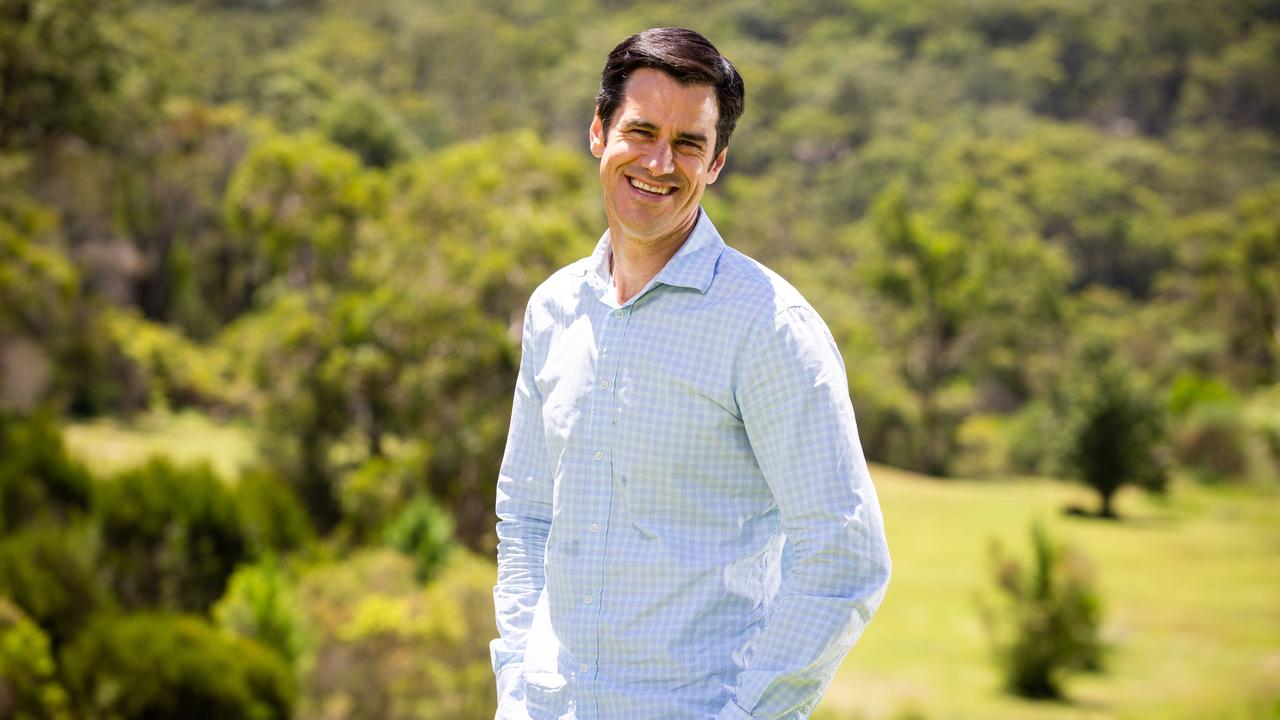You will work and you will be happy.
Work until 70: higher pension age on the horizon
Australia’s pension age will rise to 67 on July 1 this year and needs to increase further, new research has found, but it warns it should be a gradual climb spanning decades.
As France braces for more nationwide protests next week over its planned retirement age rise from 62 to 64, a new report by Macquarie University’s Business School says Australia’s pension system will require a pension age of 70 to be sustainable amid a fast-growing group of very old retirees.
However, it says the higher pension age of 70 should not be introduced until 2050, following a rise to 68 by 2030 and 69 by 2036.
“As Australians live longer than before, it presents a challenge to the government to fund retirees through a pension scheme,” said Macquarie University statistician Professor Hanlin Shang.
“Raising the pension age is the obvious way to sustain the current pension scheme without collecting more taxes,” he said.
The report’s suggested time frame for pension age increases is much slower than a 2014 Liberal Government plan to reach 70 by 2035.

Australians are working later in life, and enjoying more active lifestyles. Picture: iStock
That plan was abandoned in 2018, and Professor Shang said it had faced stiff public opposition and claims it was causing anxiety among older people.
He said raising the pension age to 70 by the mid-2030s would be “exceeding the increase in human life expectancy” and his analysis, conducted with Monash University professors Rob J. Hyndman and Yijun Zeng, found a slower gradual rise would sustain the current system without requiring extra federal government input.
“While it’s great that we are living longer, it may not be good for the government pension system.
“Who would have ever thought there would be so many centenarians? As people live longer, there is a longevity risk and they will consume more pension from the government.”
Professor Shang said government figures showed in 2021 there were 3700 centenarians in Australia, and this was expected to reach 50,000 by 2050.
Social researcher Mark McCrindle said Australia’s pension age would need to increase but “incremental change is the way to go”.
“People live for the present – if it’s happening down the track and if it’s in small steps, we are fine with that,” he said.
“We are living longer than we were a decade ago and the trend continues to point up.”
Mr McCrindle said average life expectancies for all Australians would exceed 85 by 2030, and seniors had more active lifestyles – people in their 80s were getting hip replacements and wanting to do more.
“It’s a good new story that’s driving the ageing of the population,” he said.
“People are active in work later. Because we are in a knowledge economy people can work later and retire later.
“It’s arguable that people’s skill set grows with age in a knowledge economy – their value becomes increased in the workforce as they age.”

Mark McCrindle says older workers are becoming more valued. Picture: Jordan Shields
Compulsory superannuation is also helping Australians enjoy active lives as seniors, although Professor Shang said most Australians reaching pension age still received a full or partial age pension.
He said Australia already had one of the highest pension ages in the OECD, on par with Iceland and Norway.
The riots in France were sparked by pension age changes being imposed too quickly, Professor Shang said.
“The increase was sudden,” he said.
“Those close to retirement now have to work an extra two years and they’re unhappy. The reality is the government pension system is not sustainable at 62 years.
“France has to increase it for the same reasons as Australia. A gradual trajectory increase would have been a better approach.”